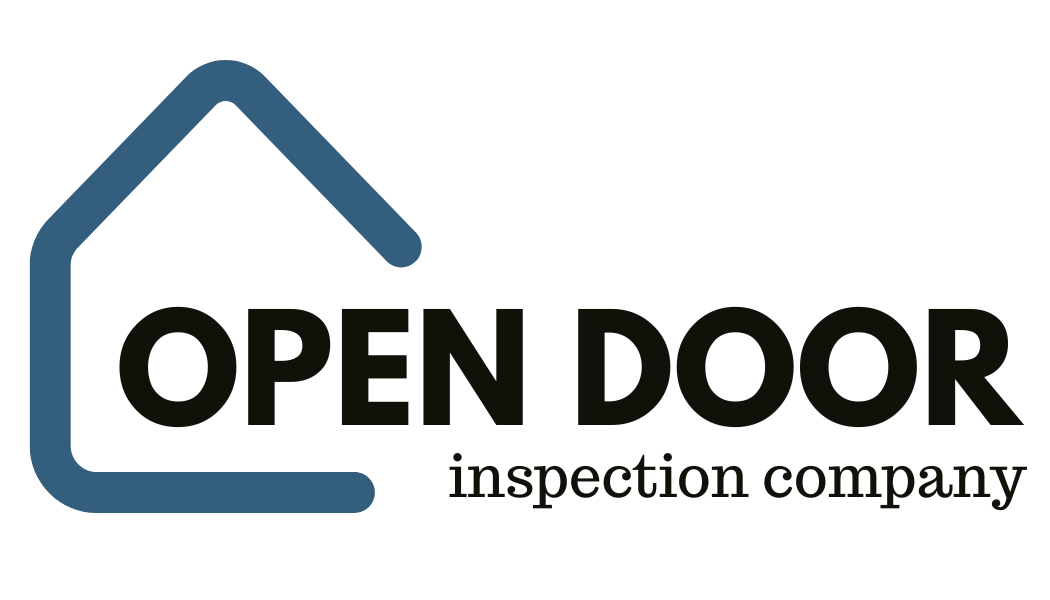6 Essential Home Inspection Tips Every Buyer Should Know Before Closing the Deal
Why Home Inspections Matter in Real Estate
Buying a home is one of the biggest investments you’ll make, and a thorough inspection is essential to avoid costly surprises. A home inspection provides an objective look at the property’s condition, helping you make a confident decision. Here are seven key tips for making the most of your home inspection.
1. Know What a Home Inspection Covers (and What It Doesn’t)
Home inspections typically focus on the property’s major structural and functional systems, like the roof, foundation, HVAC, plumbing, and electrical. However, certain areas are often excluded unless requested, such as pools, septic systems, and detached buildings. Knowing what is and isn’t covered helps you set realistic expectations. If the property includes specific features like a pool or other unique systems, ask upfront if the inspector will cover these, or if you’ll need a specialist inspection to get the full picture.
2. Check Your Inspector’s Credentials
The quality of your inspection depends heavily on the inspector’s expertise, so it’s worth researching their credentials. Look for certifications from organizations like ASHI (American Society of Home Inspectors) or InterNACHI (International Association of Certified Home Inspectors), which require high standards of training and testing. Experienced inspectors can often spot subtle issues that others may miss. Don’t hesitate to ask for examples of previous reports or testimonials to ensure you’re hiring a qualified, reputable professional.
3. Schedule the Inspection Early
Early scheduling is crucial, particularly in a competitive market where time is of the essence. By scheduling your inspection as soon as possible, you’ll have time to review the results and request repairs or concessions before closing. This also allows flexibility if you need follow-up inspections or specialist consultations to investigate specific concerns. Waiting too long can result in delays or missed opportunities to negotiate with the seller on critical issues.
4. Attend the Inspection
Being present at the inspection offers valuable insights into your prospective home. This is your chance to ask questions and observe any potential issues firsthand. Inspectors can also provide maintenance tips that might not be included in the final report, like advice on routine care or small repairs that could extend the life of certain features. Attending the inspection prepares you to manage and maintain your new home, helping you feel more confident in your purchase.
5. Consider Adding a Mold Inspection
Mold can be a serious issue in homes, leading to health concerns and costly remediation if left untreated. While a general home inspection may identify signs of water damage that could indicate mold, a dedicated mold inspection provides a closer look. Mold inspections are especially valuable if you notice any musty odors or if the home is in a humid area where mold growth is more common. Investing in a mold inspection can save you from costly repairs and potential health hazards, giving you peace of mind about the air quality and safety of your new home.
6. Carefully Review the Inspection Report
The inspection report provides a detailed summary of all findings, outlining potential issues and recommendations. Take the time to go through it thoroughly, paying attention to any safety hazards, maintenance needs, or areas requiring immediate attention. If anything is unclear, reach out to the inspector for clarification. This report can serve as a powerful negotiation tool, enabling you to request repairs or price adjustments based on its findings. Reviewing it closely helps ensure you’re prepared for any immediate expenses and gives you a solid understanding of what to expect from the property.
Why a Home Inspection is a Smart Investment
A home inspection offers clarity, confidence, and peace of mind by giving you an unbiased view of the property’s condition. Following these essential tips will help you approach the home-buying process with confidence, enabling you to make well-informed decisions and negotiate effectively. A thorough inspection is a wise investment, protecting you from unforeseen issues and setting you up for success in your new home.
